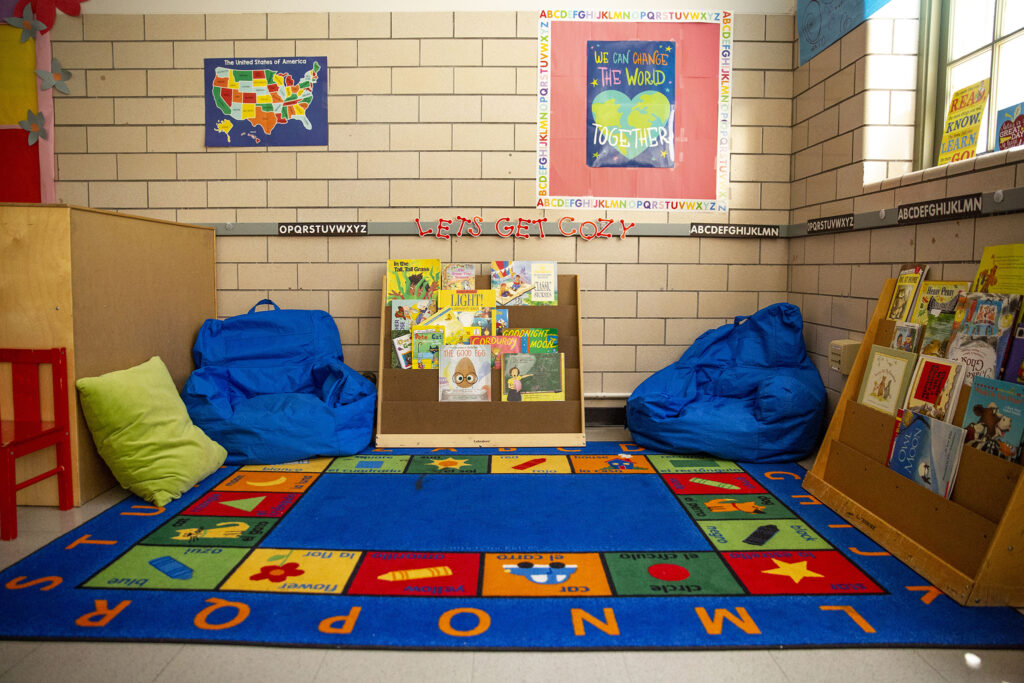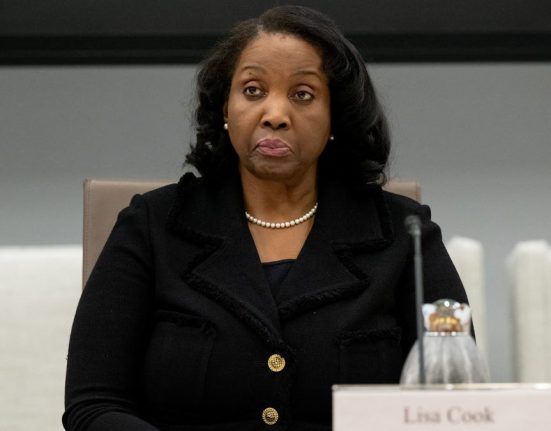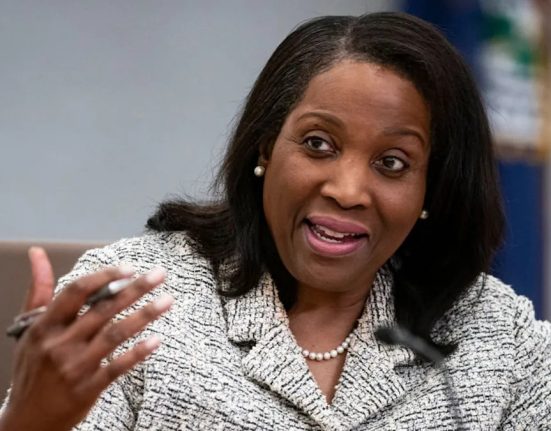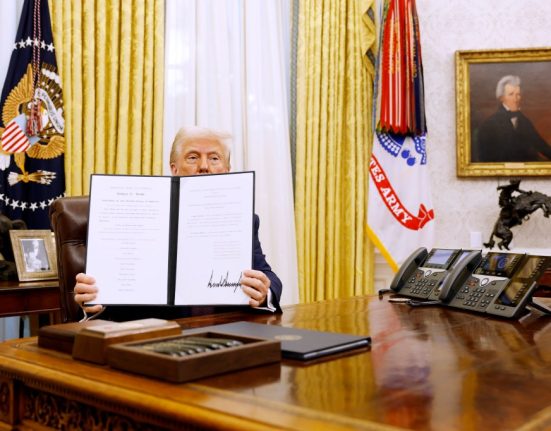This story was originally published by Chalkbeat. Sign up for their newsletters at ckbe.at/newsletters.
By Kalyn Belsha, Chalkbeat
Federal funds for before- and after-school programs that were frozen for weeks will start flowing to states, a senior official with the Office of Management and Budget confirmed Friday.
The budget office has finished reviewing the 21st Century Community Learning Centers program and will release $1.3 billion on Monday, according to a copy of the email sent to states by the U.S. Department of Education on Friday. Colorado’s share of that money is $12.8 million.
“I’m grateful this funding is being returned to its rightful place, in our schools, classrooms, and other after-school programs. It should not have been frozen to begin with. Without this funding schools, providers, and families faced devastating uncertainty with the beginning of the school year only weeks away,” said Gov. Jared Polis in a statement Friday.
The money was put on hold after the Trump administration announced it was reviewing nearly $7 billion in education funds that schools expected to receive at the beginning of July.
The move will bring some relief to school districts that have been scrambling to figure out how to address sudden budget gaps, and whether they should move forward with plans to hire certain staff or run certain programs.
But school leaders and public education advocates caution they are not out of the woods yet, as billions more in federal funds, including money meant to boost academic offerings in schools and help the children of migrant farmworkers, are still on hold.
Colorado’s Education Department said the state stands to lose $60 million if that money isn’t released.
“These funds support districts and BOCES to recruit and retain great teachers, counselors, and specialists; implement school-based programs in music, art, and STEM; and provide instructional supports for students who are learning English and for the children of agricultural workers,” said Colorado Education Commissioner Susana Cordóva in statement. “Without the grant funds, schools may face significant cuts to programs and services that families and educators rely on.”
The decision to release the afterschool funds comes two days after 10 Republican senators, led by Sen. Shelley Moore Capito of West Virginia, sent a letter to Russell Vought, the director of the Office of Management and Budget, calling for the release of the funds. It was a rare example of Republicans openly criticizing the administration and spoke to how widely the cuts were felt.
On Friday, Capito said the release of the after-school funds was “in direct response” to the Republican senators’ letter in a post on the social media site X.
Colorado is among two dozen states had sued the Trump administration seeking to pry the funds loose, and several Democrats in Congress and a group of Democratic governors, including Polis, had also urged the release of the money.
In a press release, Jodi Grant, the executive director of Afterschool Alliance, which represents after-school providers and programs across the country, said that the release of the funds had brought “an enormous sigh of relief.”
But Grant warned that disbursement delays had already “caused massive chaos and harm, with summer learning programs abruptly shutting down and a large number of afterschool programs cancelling plans to open in the fall.” In other cases, programs fell behind on hiring staff, drawing up agreements with schools, and registering kids for the new school year.
Erik Peterson, Afterschool Alliance’s senior vice president of policy, said in an interview that the funding disruption had hit rural communities especially hard, and some programs had closed unexpectedly in Ohio, Tennessee, and Utah. Now, programs will have to put in extra work to rebuild trust with families and communities whose services were disrupted, he said.
“A lot of that damage potentially has been done,” Peterson said.
The Trump administration previously said it was looking into after-school and other grant programs because many had “been grossly misused to subsidize a radical leftwing agenda.”
The budget office official said Friday that “guardrails have been put in place to ensure these funds are not used in violation” of any of President Donald Trump’s executive orders. States will have to certify compliance with the U.S. Constitution and several federal anti-discrimination laws, and the Education Department will continue to review spending to ensure compliance, the email to states said.
Needing to comply with federal civil rights laws to receive funds isn’t new, but the Trump administration has advanced new interpretations of those laws to bar many common practices designed to make education programs more equitable. Democratic-led states sued over a similar Trump policy requiring schools to certify they are not engaging in certain diversity, equity, and inclusion practices to get federal funds.
Federal officials warned states that using funds on “unallowable activities” could result in the loss of funds. Some state education departments are reviewing the certification requirement, Peterson said.
Colorado bureau chief Melanie Asmar contributed reporting. Kalyn Belsha is a senior national education reporter based in Chicago. Contact her at [email protected]. Norah Rami is a Dow Jones education reporting intern on Chalkbeat’s national desk. Reach Norah at [email protected]. CPR News also contributed to this story.







